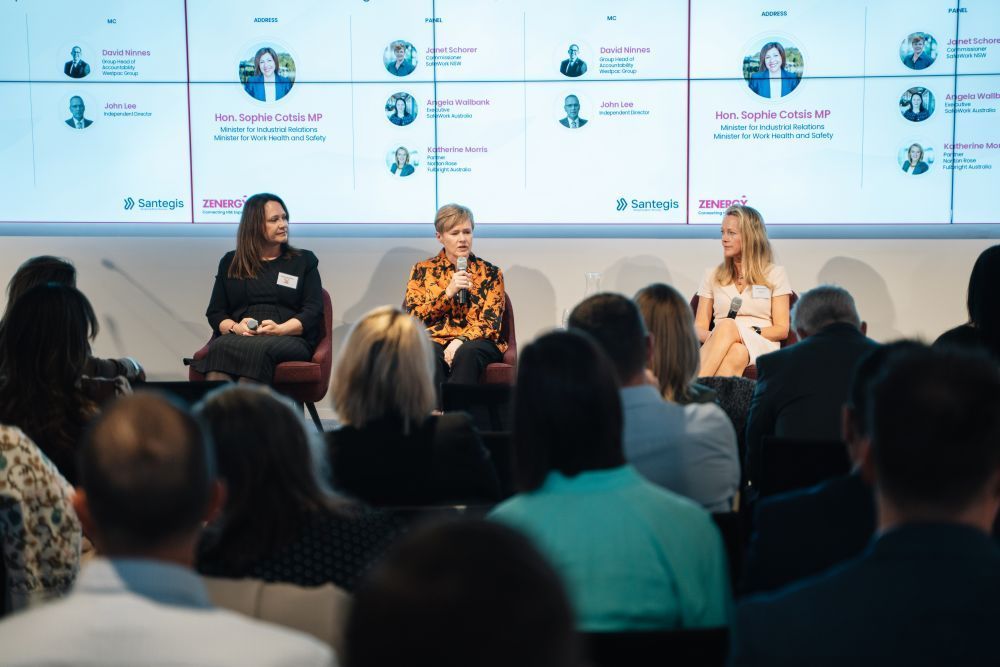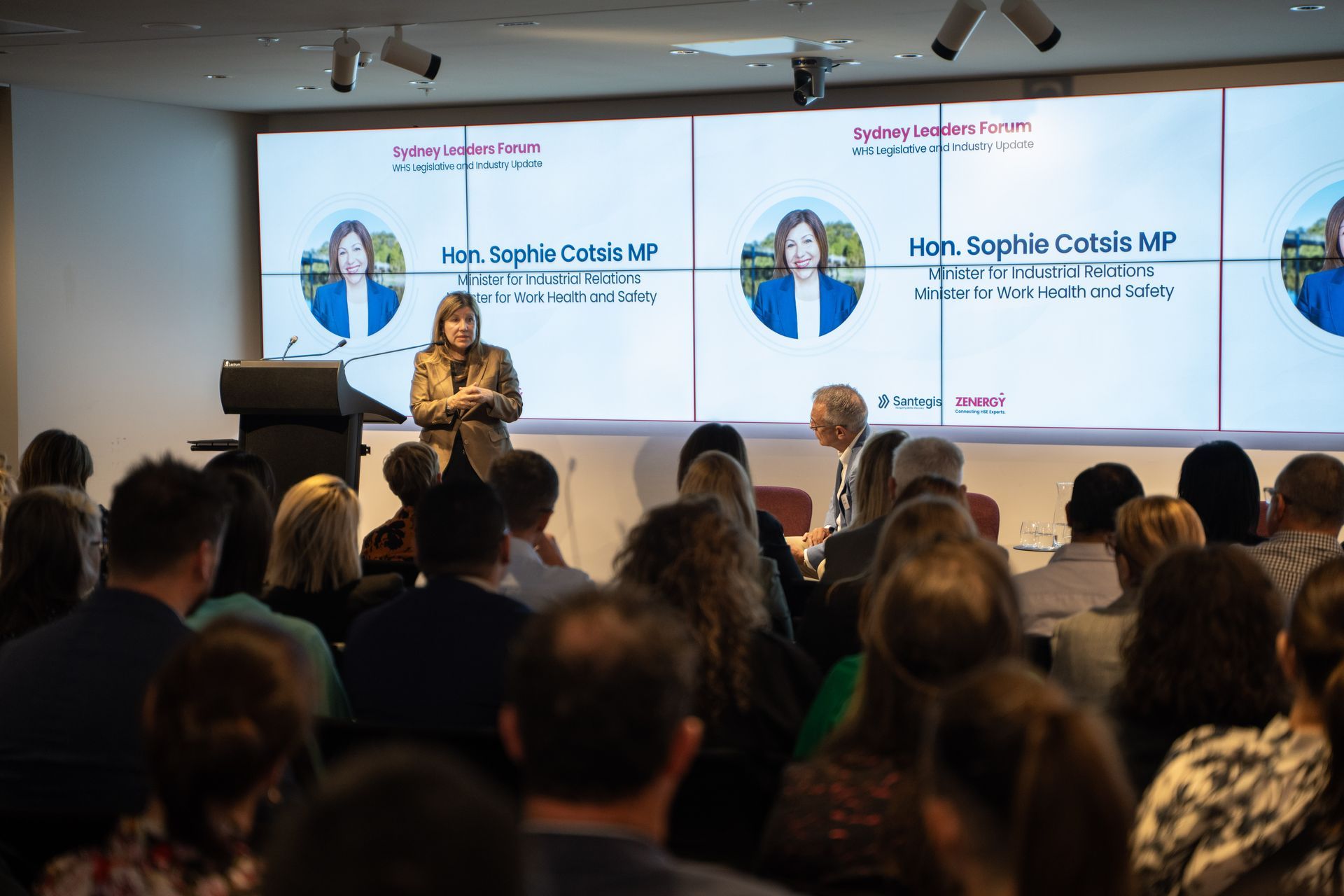6 global employers on how to improve workplace mental health
6 global employers on how to improve workplace mental health
Case Update
6 leaders from global companies share their views on how to improve workplace mental health.
Mental health has become an urgent priority for companies as a result of the COVID-19 crisis. The uncertainty and stress created by the pandemic, and increased isolation due to large-scale remote working, have put pressure on workforce mental wellbeing. The global cost of mental-ill health through lost productivity, absences and staff turnover is estimated to be around $2.5 trillion annually.
Recent research has found that about half of working adults globally say they have experienced increased anxiety around job security (56%), stress due to changes in work routines and organization (55%), feel lonely or isolated working from home (49%) or have difficulty achieving a work-life balance (50%) as a result of the COVID-19 pandemic.
At the same time, the rising awareness of this challenge has created new impetus to tackle an issue that remains a stigma in many organisations.
In line with The Davos Agenda, they invited six members of our community to share what their organisations are doing to protect their employees’ mental health and what positive changes they foresee for business to tackle the issue of mental health in 2021:
What positive changes do you foresee for the way businesses will tackle the issue of mental health at work in 2021? And what is your best piece of advice on how to make that change happen?
‘Support a more hybrid workforce’
Elaine Arden, Group Chief Human Resources Officer, HSBC
The past 12 months have shown that people can be just as productive and experience better work-life balance when working outside of traditional workplaces. As choice and flexibility become more commonplace, businesses will need to continually evolve and adapt their well-being services to adequately support a more hybrid workforce.
Businesses can make change happen by talking – and listening! Ask your people how they are doing and what they need. At HSBC, our manager and employee surveys provide us with valuable insights that inform our strategy. By relying on robust data and lived-experiences, businesses will get to the heart of what really matters most, develop suitable solutions and measure their impact on the mental health of their people. As business continues to navigate through periods of uncertainty and volatility, the need to collaborate and share best practices with peers and experts has never been more important and should be an essential part of any healthcare response.”
‘Lead by example’
Sheri B Bronstein, Chief Human Resources Officer, Bank of America
2020 introduced new uncertainty and stress in the daily lives and routines of our team-mates, further emphasizing the need to embrace the importance of physical and emotional wellness; specifically mental health as a top priority. As employers, we have an obligation to provide our team-mates with opportunities to talk openly about their mental health and to secure the support they or their families may need. We must continue to lift the stigma on this critical topic, which in our case has been having a CEO and management team who are vocal advocates.
Bank of America is committed to the health and wellness of its team-mates and the communities that we serve. Like many companies, we expanded programs to help team-mates access enhanced resources and we need to continue to adapt and respond quickly to address the unique mental health needs of diverse workforces. We need to lead by example, participate in employee sessions, and share perspectives on the steps we are taking to support and protect our mental health.






